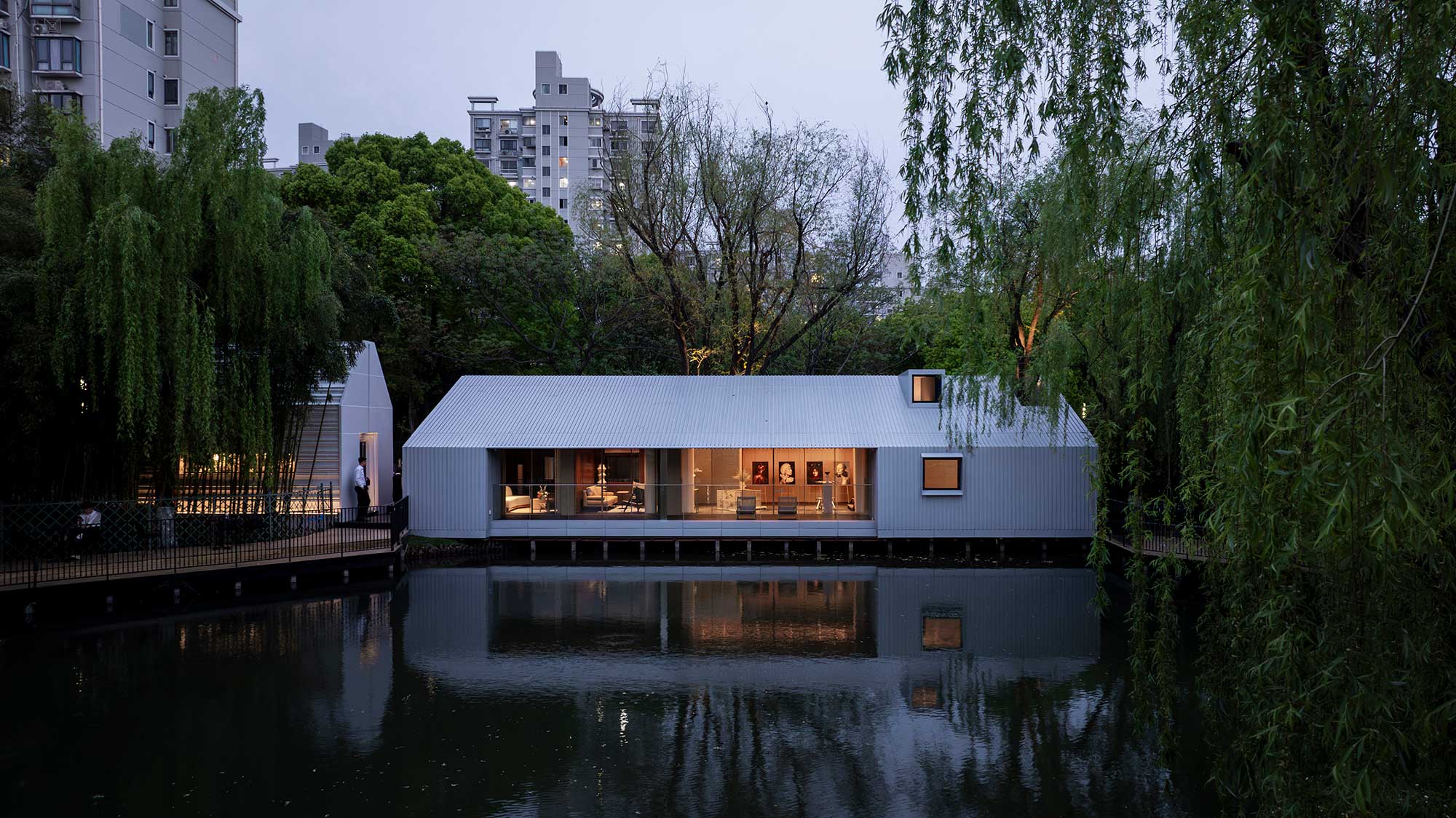- Holly Water Cabin: A Self-Contained Holiday Retreat
- Holly Water Cabin is a self-contained holiday retreat, that invites its inhabitants into a close relationship with the outdoors

- Project: Holly Water Cabin
- Location:
- Devon,
- United Kingdom
- Architects:
- Out Of The Valley
- Typology:
- Cabins
- Images: Rupert McKelvie, Stephanie Osmond
Text description provided by the architects *
Holly Water was built as a self-contained holiday retreat in the heart of Devon, UK, for clients keen to diversify their farmland. They sought to create a space that would invite its inhabitants into a close relationship with the outdoors, while also providing the utmost comfort.

Approached via a path that winds through a corn field, Holly Water is clad in cedar sourced from a mill local to our Dartmoor workshop. Its exterior is characterised by a large mono pitched roof with generous eaves. The building is constructed around a Douglas fir frame, raised off the ground on pier foundations in order to minimise the need for concrete. It is highly insulated – with plant-based insulation – and with a high specification of membrane and envelope details for longevity and energy-efficiency.


Inside, an oak kitchen occupies the back wall of the open-plan interior, while a bathroom and cosy sleeping area with double bed are tucked into the gable elevation. Sliding doors open from the living space onto a sweeping larch veranda with a copper tub in which to bathe amongst nature.















































